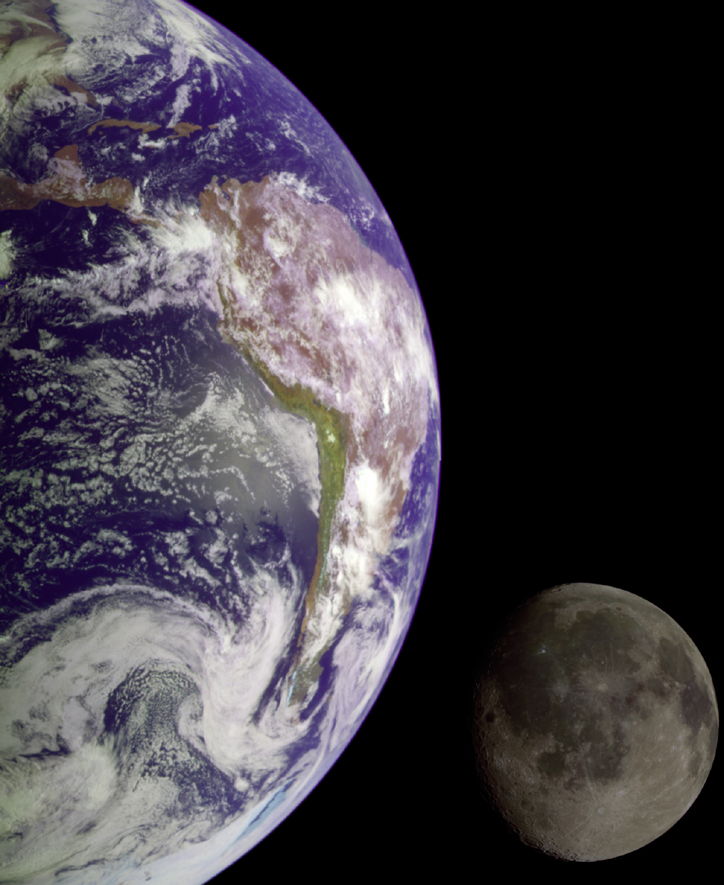Buoyed by the early days of aggregators (like Longreads and Longform) as well as digital first publishers like (Kindle Singles, The Atavist and Byliner) I self published my long form essay After Shock on Amazon in 2012. I’ve written previously about this process, my reasons for doing it, my ‘success’ and some things I wish knew about self-publishing before I started. This is the second post about things I wish I knew, with a particular focus on being an Australian writer. In the 18 months that have passed since I first published I’ve come to believe that while Amazon may be a worthy self-publishing outlet for US citizens, it’s not necessarily a good deal for Australian writers (particularly those who are publishing essay-length pieces that have limited price points and those who aren’t big names). Of course there will always be exceptions but I imagine my experience will parallel with many others. If you’re not instantly switched on by what I’m writing (but are thinking of publishing to Amazon), please do keep reading. It’s that lack of interest that got me in the pickle I’m in now. This post aims to help you avoid it.
So, here are the things I wish I knew about self-publishing with Amazon as an Australian writer:
1. When you sell to Australian-based buyers you only get 35% royalties – no matter what price you set.
As an Australian writer I sell mostly to Australians. So the vast majority of my royalties have been only 35%. When you consider this in the context of the time invested in writing the piece, money invested in getting it edited and a cover designed, it’s simply not a good deal. But that’s just one of the problems I have…
2. There’s tax paperwork to be done otherwise you’ll have to pay 30% of your royalty income in US taxes.
Australia and the US have a tax treaty, which means that (with the right paperwork) Australians can pay 5% US tax rather than 30% (the default for foreign entities).
Depending on how you approach it, completing this paperwork can be time consuming. In the past it has required documents being delivered (in person or via mail) to your local US Consulate. These days that may not be necessary (check out this post by Catherine Ryan Howard describing an alternative). But it still takes some preparation and an overseas phone call.
Once you’ve established your tax status with the US Internal Revenue Service (IRS), you have to inform Amazon of this. In the past this involved a paper form (marked only with a blue pen) which was posted via snail mail. Recently Amazon has set up an online system (Howard’s blog and its many comments also describes how to do this).
If you’re anything like me, you will be tempted to put this whole tax palaver on hold. Don’t. My understanding is the rate can’t be backdated. It applies from the day you set up your Individual Tax Identification Number (ITIN) or Employer Identification Number (EIN) – or at a stretch the same financial year. The US IRS told me that if I wanted the 5% tax rate to be applied to my previous sales I’d have put in a tax return for each financial year. Yes, I’d have to do more confounded paperwork. Hardly worth it given the number of sales I’ve had.
All of my sales have been a result of my own marketing efforts. Because I didn’t set up my tax status before I made these sales, my efforts have essentially been financially reduced by 25% (that is, unless I wanted to take even more time to try to get that 30% tax rate reduced to 5% via tax returns). We’re talking about less than 100 sales, most on a 35% royalty rate on the princely price of either USD$0.99, $1.99 or $2.99. (I have different prices because I was experimenting with them).
If you're an Australian writer, don’t start selling via Amazon until your tax status is set up with the US IRS.
3. It’s complicated for Australians to tap into the Electronic Fund Transfer (EFT) payments which most likely means you have to accrue at least USD$100 in royalties (for amazon.com) before you get paid anything (by cheque).
and
4. Those royalties have to accrue in each of the Amazon national markets (eg there’s a different threshold/cheque for amazon.co.uk / .co.jp /.com etc.)
Australians can’t set up an EFT account with Amazon* using their existing Australian bank accounts. Because of this we theoretically have to wait until we accrue enough royalties to meet the cheque-raising threshold. For sales on Amazon.com that’s USD$100. There are different thresholds for each Amazon market (eg amazon.co.uk, .co.jp etc.) the thresholds aren’t combined.
So to put this simply, if you have USD$98 in royalties via Amazon.com and GBP£10 via amazon.co.uk, you will not yet be paid anything in either market (even though combined they add up to exceed USD$100 threshold). Your sales have to exceed the threshold in each market you sell to. That’s a lot of sales in the context of independent long form non-fiction.
I was trying to find new markets so I sold to all English-speaking markets as well as to Japan. I shouldn’t have. If you must sell on Amazon, restrict your markets to just one. But before you do, ask yourself how likely it is that you’ll exceed the cheque-raising threshold. I knew I wasn’t likely to make more than USD$100 but I didn’t grasp what that meant.
The EFT threshold is a much more accessible USD$10 in royalties. But because of the EFT restrictions* it’s more complicated and costly for an Australian writer to tap into that.
Unless you’re a big name, or your piece takes off in the zeitgeist it will probably be hard to generate enough sales to reach the threshold. Australians may wait years before accruing the cheque-threshold of USD$100 to get paid. On the up side we can get paid if we pull out of the program (ie close our accounts with Amazon).
*5. Yes there are workarounds for points 3 & 4, but if you’ve earned less than $100 in royalties you’ll probably find the fees associated with the workarounds simply aren’t worth it.
Some Australian writers are using payoneer.com combined with a Mastercard to get their payments (Amazon doesn’t yet pay to Paypal). On the surface this seems like a viable option, but if you consider the (not unreasonable) fees associated with Payoneer it’s probably not viable for Australian writers selling individual long form pieces. A writer might have $50 in royalties owing. But it costs around $30 annually (plus the extra time involved) to set up an account with Payoneer into which your royalties could be paid.
6. Statistically speaking Amazon is unlikely to bring you new readers.
I signed on with Amazon because I knew it would be easy and I knew they had the widest market. My naive hope was that they would introduce my work to new readers. But as stated earlier, every sale I’ve made can be linked to my own marketing efforts. Amazon really is a jungle, and it’s hard to get heard.
7. If you do the maths, Australians publishing to Amazon doesn’t always add up.
Let’s set up a scenario, loosely based on my own experience.
The highest price at which I sold my article was USD$2.99, the vast majority to Australians. My royalty was 35% ($1.05, but let’s round everything to make this simpler: $1.00). I would have to sell over 100 copies in a single market to get paid via cheque. (And selling this number of copies is much easier said than done, as described in my post Goodwill Hunting).
I then need to consider the tax situation. Because I put off getting my tax status set up, Amazon/US IRS will take away 30% of my royalties in taxes (a further 30 cents per sale to date). That would leave me with about 70 cents for each copy sold. Knowing that I’m unlikely to double my royalties (ever) and may never get a cheque, I might consider the EFT workaround via Payoneer. That costs USD$29.95 per year.
What say I sell 43 copies – so there’s around $30 coming to me from Amazon after tax. Take out the $29.95 for the Payoneer service and I’ll get about 5 cents.
Five cents. For all that effort.
I wish I’d understood that before I started. At least you do now.




